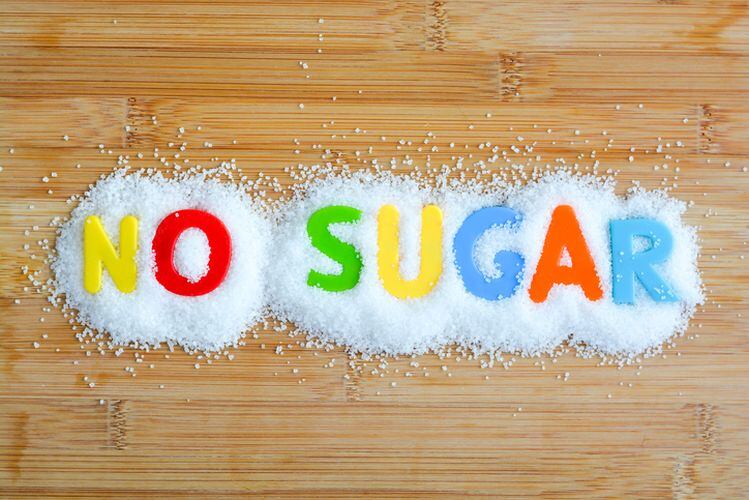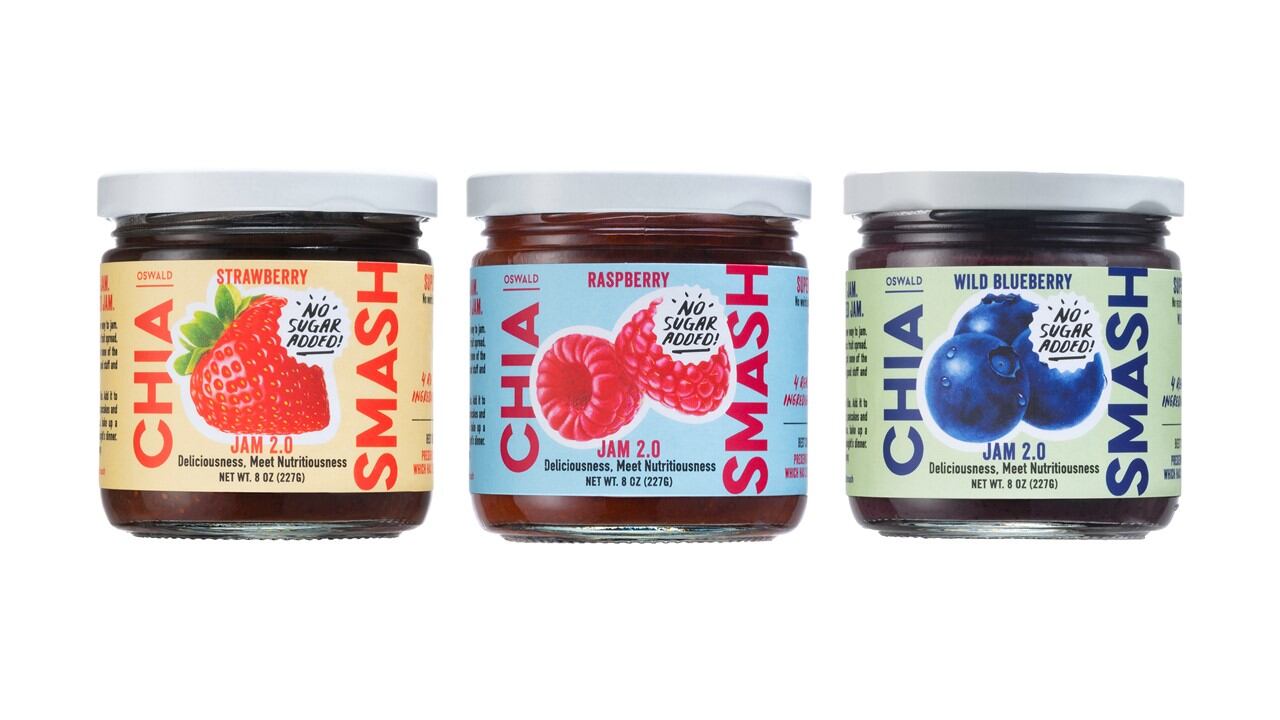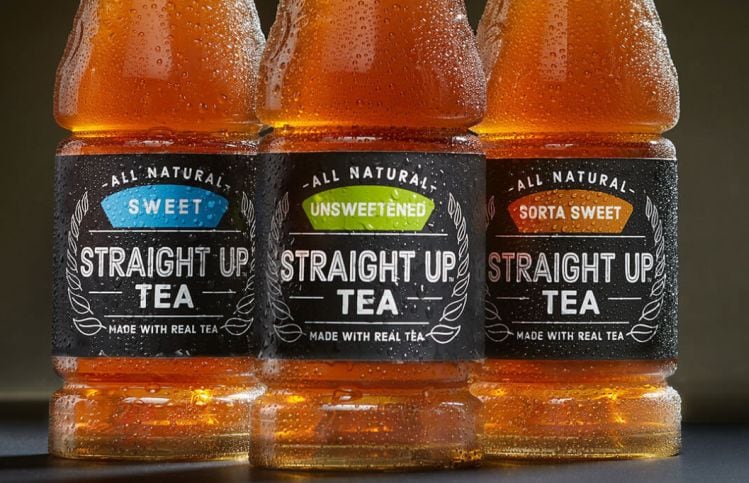In a Feb 24 order on the case,* Judge William H. Orrick gave preliminary approval to an agreement reached by the parties in January, and is set to provide class members (who bought selected Post cereals in the US between 2012 and 2020), with damages and injunctive relief.
Under the agreement, Post will remove from labels, if it hasn’t already done so, terms including ‘Less Processed,’ ‘No High Fructose Corn Syrup,’ ‘Natural,’ ‘Healthy,’ ‘Smart,’ ‘Nutritious,’ and ‘Wholesome’ on products in which more than 10% of the calories come from added sugar.
It has also agreed to establish a $15m non-reversionary (see box below) settlement fund, with unclaimed funds to be divided equally among the American Heart Association, the National Advertising Division of BBB National Programs, and the UCLA Resnick Center.
Judge: Statements may be factual, but could be misleading in context of label
In the original complaint vs Post - filed in 2016 – plaintiffs accused the firm of presenting cereals such as Great Grains, Raisin Bran, and Bran Flakes as healthy, wholesome and nutritious when they were in fact high in sugar, excessive amounts of which, the plaintiffs claimed, have been linked to everything from heart disease to type 2 diabetes.
Some of the cereals contained up to 16g sugar per 59g serving (such that 27% of the energy came from sugar), noted the plaintiffs, who argued that Post “leverages a policy and practice of marketing high-sugar cereals with health and wellness claims.”
Post, in turn, argued that the challenged label statements (‘Less processed nutrition that you can see,’ ‘No High Fructose Corn Syrup,’ ‘Natural,’ ‘Healthy,’ ‘Smart,’ ‘Nutritious,’ and ‘Wholesome’) were truthful, protected by FDA regulations, and/or nonactionable puffery.
In a 2018 order, however Judge Orrick said he was not persuaded by Post's arguments.
Statements such as ‘No High Fructose Corn Syrup,’ may be literally true, he said, but that “does not mean that those statements cannot be found to convey a false or misleading impression concerning the overall health or nutrition benefit of the product when read together with the other challenged statements found on the same label and in light of the allegedly excessive amount of added sugar in those products.”
How have other lawsuits over added sugar progressed?
While there is no specific regulation** that disqualifies firms from stating or implying that a product is healthy or nutritious based on its sugar content, a flurry of false advertising lawsuits filed in recent years vs big food companies reference state laws requiring that labels are not false or misleading, claiming:
“Statements that these products are ‘healthy,’ ‘nutritious,’ or ‘wholesome’ are false, or at least highly misleading, because, due to their high sugar content, consumption of these products is decidedly unhealthy.”
When these cases first started appearing in 2016, legal commentators predicted plaintiffs might face an uphill battle, but they have already scored some wins.

Kellogg, for example, recently agreed to settle one such lawsuit with a $20m fund, while Clif Bar and Mondelez Intl are still fighting similar cases.
That said, a similar lawsuit vs General Mills was tossed in 2019 after US District Judge Jeffrey S. White said the plaintiffs “cannot plausibly claim to be misled about the sugar content of their cereal purchases because defendant provided them with all truthful and required objective facts about its products, on both the side panel of ingredients and the front of the products’ labeling.
He added: “The actual ingredients were fully disclosed and it was up to the plaintiffs, as reasonable consumers, to come to their own conclusions about whether or not the sugar content was healthy for them.”
*The case is Krommenhock et al v. Post Foods, 16-cv-04958
**The FDA has set a daily reference value of 50g for added sugar, or 10% of calories based on a 2,000-calorie diet to be included on the new-look Nutrition Facts panel. It does not define ‘high’ or ‘low’ sugar, and only sets conditions of use for ‘reduced/less/lower sugar’ claims
Ever wondered what happens to money allocated to settlement funds?

A portion of it pays off the plaintiff's attorneys, some goes to cover the cost of setting up and administering consumer claims, and the rest is available for consumers.
The claims rate is typically very low for such cases as most consumers don't know or care about the case in question and the amounts of money they are entitled to claim back are typically small. However, with the advent of social media (‘click here to make your claim’) it's becoming easier to make claims, which can increase participation.
If there is money left in the pot after consumers have been given a time window for making claims, this is sometimes given to a charity connected to the issue at hand, and in some cases shared between consumers who have filed a claim.
In the Post case, the settlement fund is 'non reversionary,' which means unclaimed funds will not revert back to the defendant.




